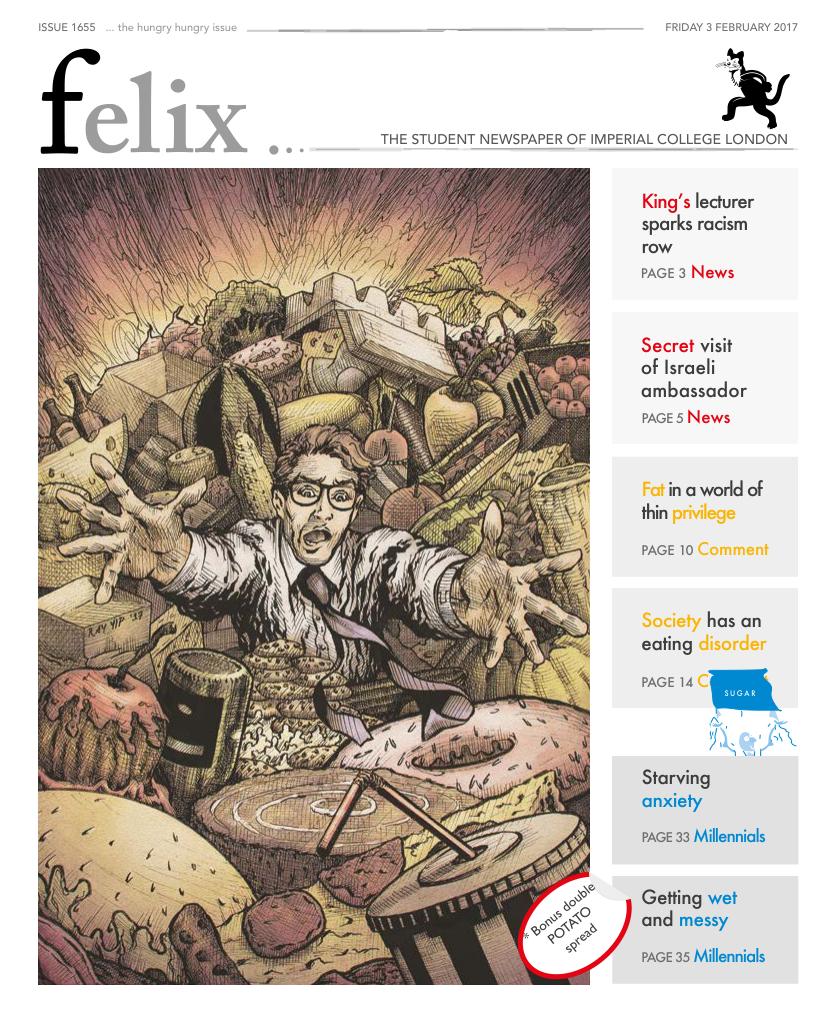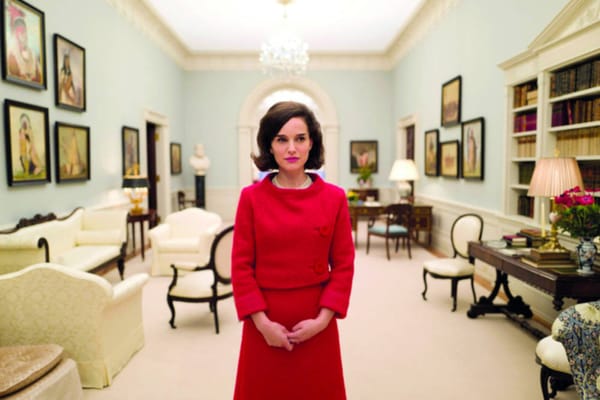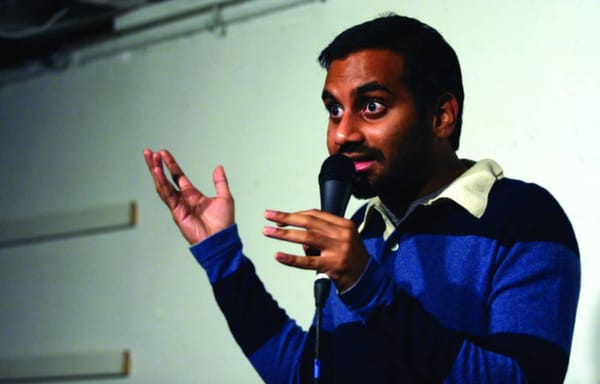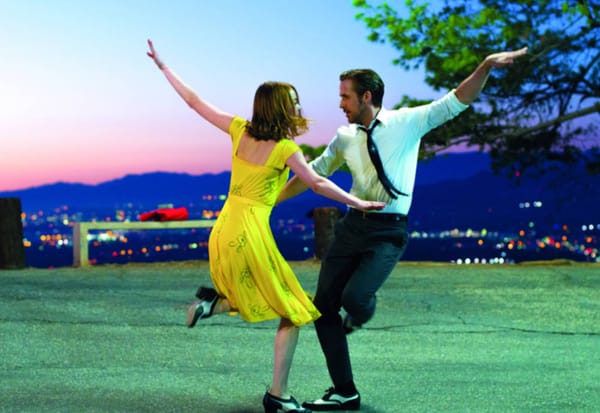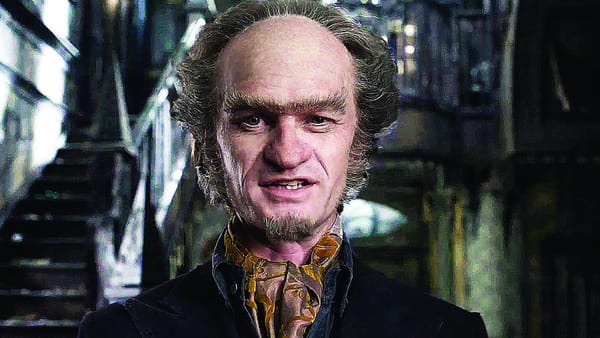Bake sale
The great British Bake Off really was a reality show not quite like any other

Among other smaller, less internationally important incidents, it seems to me that 2016 will be remembered primarily as the year that the BBC lost the Great British Bake Off to Channel 4. In what is ostensibly just a show about people making cakes, you find a lot of what British culture is all about, and how the BBC fits into our society as a whole. GBBO really was a reality show not quite like any other; while the Big Brothers and X Factors of the world set up storylines around contestants being built up as villains and make the stakes seem impossibly high, GBBO settled itself into just being a lovely show about having fun baking and making friends while you’re at it.
Indeed, this could be seen just by how the public talked about the show. Instead of complaining that certain contestants shouldn’t have been put out when they did, people tended to agree that while it was a shame, they didn’t have their best week so it was only fair. Big Brother had Jade Goody’s racist incident, Bake Off had BinGate.
The news that the show would be moving to Channel 4 from BBC 1 displayed quite nicely the difference in the public perception of each channel. Upon hearing that the show had been moved to the channel that gave us Naked Attraction, images were conjured up in the public’s minds of Cake vs. Bread showdowns, contestants twatting each other with saucepans, and sex scandals.
The revelation that Mel, Sue and Mary would not go with the show led to further lamenting about its future before the reveal that Richard Ayoade would step in to host and was met with a collective ‘Hmm’.
While it certainly will be a different show with Ayoade, I think it could show a different side of the British attitude; from the quaint loveliness of a village fete to the repressed, awkwardness of the rush hour tube.

